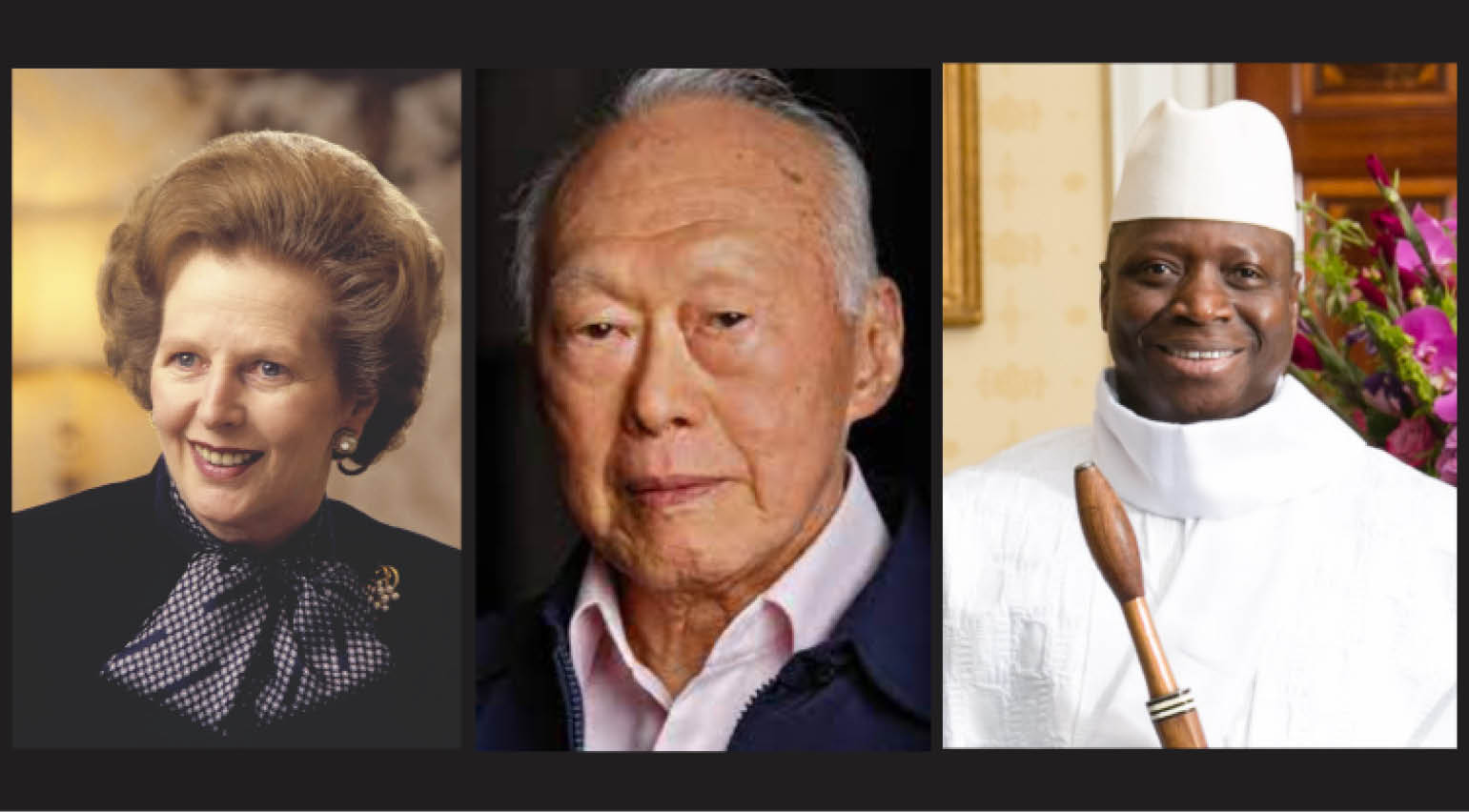How to Neutralize a Powerful Union
One Lesson from Thatcher, Lee Kuan Yew and Yahya Jammeh All the leaders who dealt with unions and won used only one strategy: providing an alternative. Let’s start with The Gambia. When the Guineans and the Senegalese raised the price of bread beyond the purchasing power of Gambians because they held the monopoly, the president, […]

One Lesson from Thatcher, Lee Kuan Yew and Yahya Jammeh
All the leaders who dealt with unions and won used only one strategy: providing an alternative.
Let’s start with The Gambia. When the Guineans and the Senegalese raised the price of bread beyond the purchasing power of Gambians because they held the monopoly, the president, Yahya Jammeh, simply facilitated new bakeries and populated them with Gambians. Monopoly broken. Problem solved.
In the United Kingdom, workers in the coal mines once went on strike because the government of Thatcher cut down their pay to tackle inflation – a controversial move that engulfed a previous government.
But Thatcher wasn’t Prime Minister Heath.
Before Thatcher, a similar strike brought down another administration. Since the country depended on coal for electricity, when the coal union went on strike, it left the nation in darkness. That got the government to back down.
So when Thatcher made the changes, the union went on strike again. But Thatcher had stockpiled coal that would last six months. So the lights stayed on. When the economic activities continued largely unaffected by the strike, the union called it off. Problem solved.
Thatcher won three elections and governed for 11 years.
Next is Singapore. The pilots of Singapore also went on strike. So their leader sternly told them that if they didn’t return to work, he would hire new pilots to replace them. They knew he meant it and returned to work. Problem solved.
The government can also provide a viable alternative in the case of ASUU.
To be clear, in the trading of blames, I find more fault in the government. Because our teachers at all levels are not paid nearly enough. Our lecturers and also teachers in primary and secondary schools should be paid handsomely – at the level of bankers and other well-paid professionals.
But because my sympathies are more with ASUU than with the government doesn’t mean that we shouldn’t propose solutions to the problem that has held back our university education for decades. A problem that has outlived several heads of state – in both kaftan and military uniforms.
So what alternatives can the government use?
One, facilitate a new union, the way President Obasanjo did with the Trade Union Congress (TUC). A lecturer said recently that some of them are ready to abandon ASUU and go back to class. Make it easy for them and create an alternative.
Two, send thousands of students outside the country to do master’s degrees in the required and strategic fields. The money that one person stole can fund this. N80 billion from the accountant general will be more than enough. But bond them before they leave, and swear them off the unions.
When they return one year or two years later, everyone benefits. The candidates have new degrees and new jobs in (new?) universities. And the government gets to keep the public university system running.
The students also benefit because they will no longer do a 4-year degree in six years. And parents will be happy because their children will stay in school. The nation will benefit because it will have an army of scholars buzzing with new virile ideas that will expand the economy. In other words, Nigeria will have a tremendously improved human capital. Recall that the World Bank recently (in 2019) told us that the wealth of nations is in its human capital.
From this perspective, this proposal, therefore, sees the problem as an opportunity to expand our educational space to accommodate our students and leave room for other nationals to come to Nigeria to study – as they used to do.
Of course, naysayers will say that this can’t happen here or the examples I used are irrelevant. Well, I fear for a day that ASUU will turn its back and find that no one is behind it. I fear for a day that it would become irrelevant.
In sum, Peter Thiel, in his bestselling book, “Zero to One” said that the best way to guarantee the success of a start-up is to turn it into a monopoly. Similarly, I believe that the best way to deal with a cartel or a powerful union is to remove the monopoly by creating alternatives the way Thatcher, Lee Kuan Yew and Yahya Jammeh have done before now.
